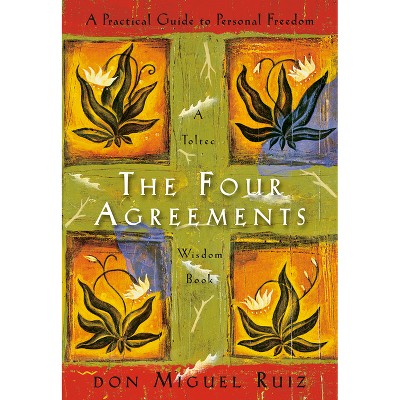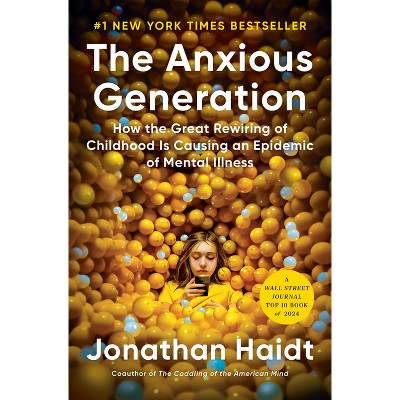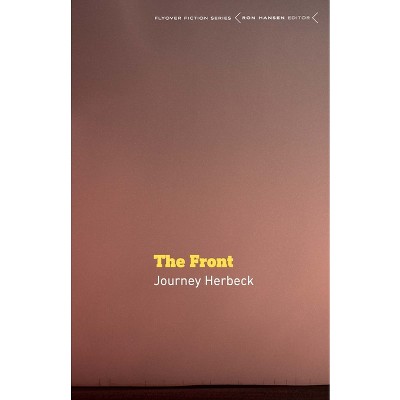About this item
Highlights
- Big World, Small Screen assesses the influence of television on the lives of the most vulnerable and powerless in American society: children, ethnic and sexual minorities, and women.
- About the Author: Nine psychologists, members of the Task Force on Television and Society appointed by the American Psychological Association, have collaborated on Big World, Small Screen.
- 196 Pages
- Psychology, General
Description
Book Synopsis
Big World, Small Screen assesses the influence of television on the lives of the most vulnerable and powerless in American society: children, ethnic and sexual minorities, and women. Many in these groups are addicted to television, although they are not the principal audiences sought by commercial TV distributors because they are not the most lucrative markets for advertisers.This important book illustrates the power of television in stereotyping the elderly, ethnic groups, gays and lesbians, and the institutionalized and, thus, in contributing to the self-image of many viewers. They go on to consider how television affects social interaction, intellectual functioning, emotional development, and attitudes (toward family life, sexuality, and mental and physical health, for example). They illustrate the medium's potential to teach and inform, to communicate across nations and cultures--and to induce violence, callousness, and amorality. Parents will be especially interested in what they say about television viewing and children. Finally, they offer suggestions for research and public policy with the aim of producing programming that will enrich the lives of citizens all across the spectrum.
Nine psychologists, members of the Task Force on Television and Society appointed by the American Psychological Association, have collaborated on Big World, Small Screen.
From the Back Cover
Three themes guide this work. First, we are concerned with the uses by and influences of television on certain populations - children, the elderly, women, and minorities. Second, we attempt to go beyond the issues of violence and aggression to consider a wide range of topics. Third, we examine both the positive and negative influences of the medium as it is and as it might be.Review Quotes
"A massive five-year . . . study of the effects of television on American society. It's a study worth more than a 45-second spot on the nightly news."--Colorado Springs Gazette Telegraph
"Comprehensive, well-researched."--Ottawa Citizen
"Thought-provoking."--New Orleans Times-Picayune
About the Author
Nine psychologists, members of the Task Force on Television and Society appointed by the American Psychological Association, have collaborated on Big World, Small Screen.Shipping details
Return details
Trending Diet, Health & Fitness Books












